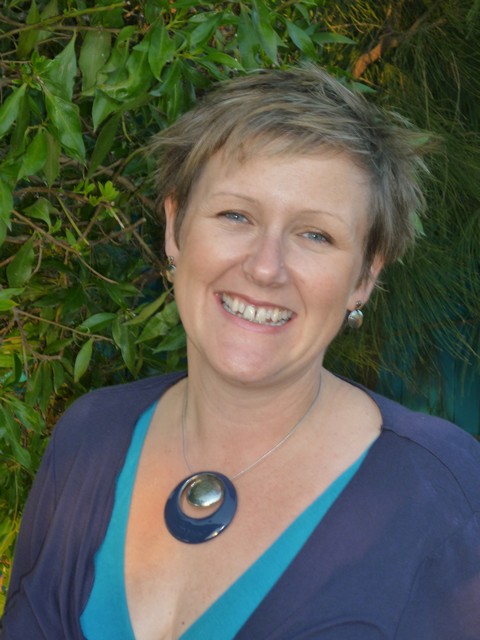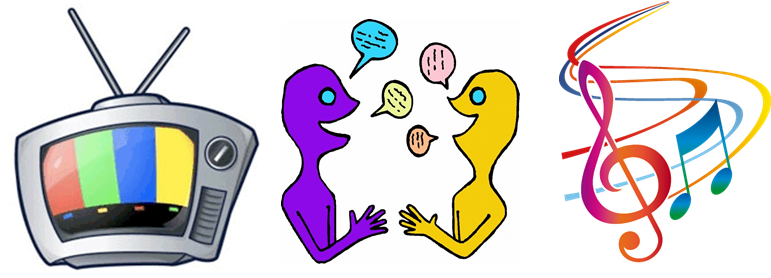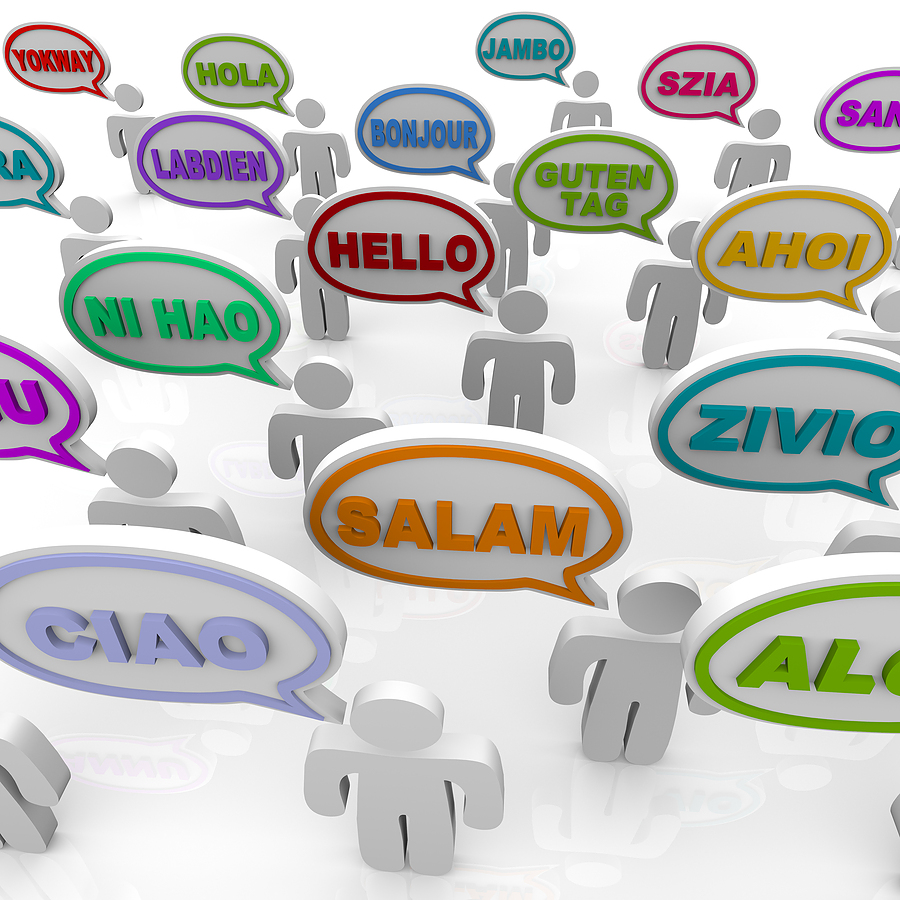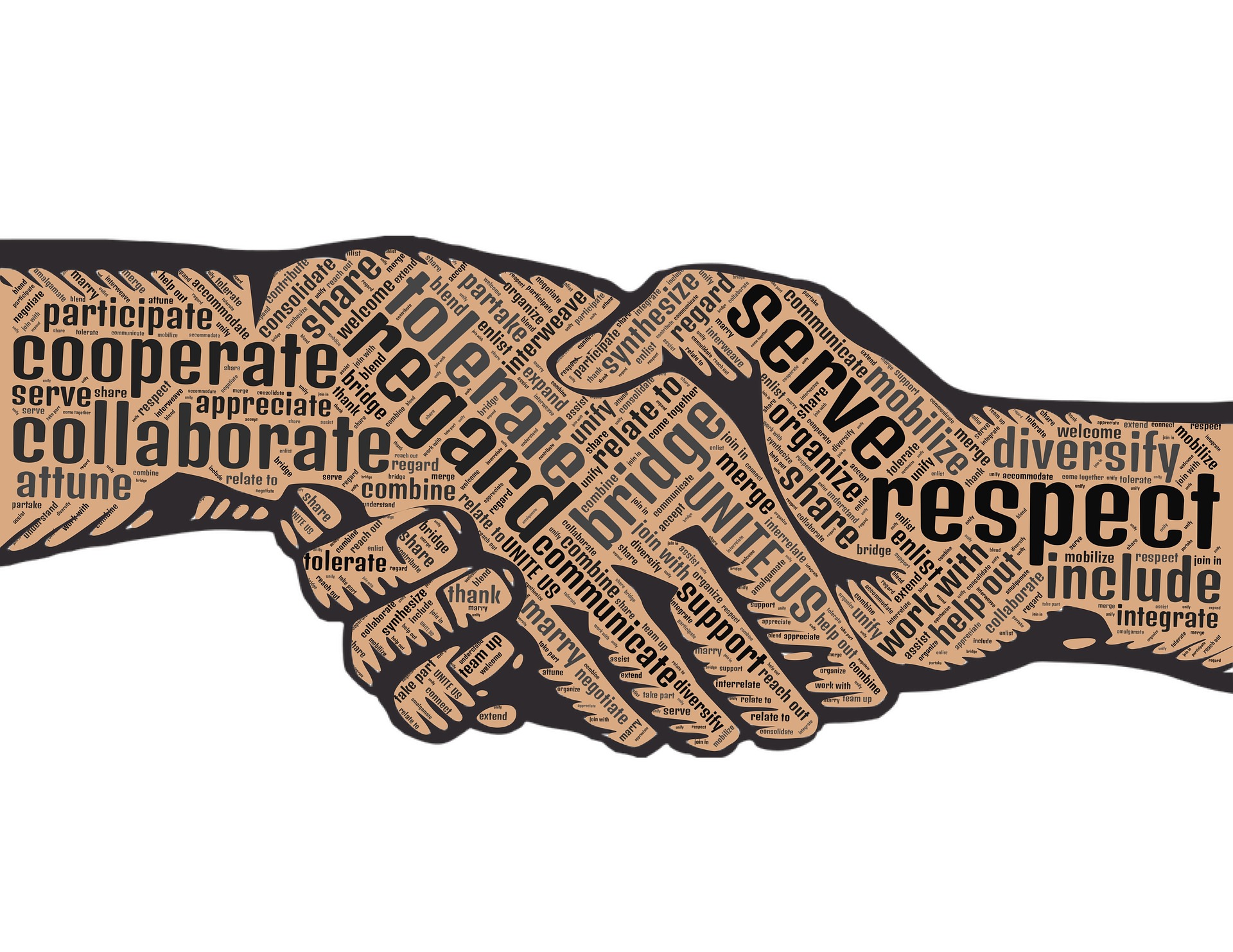Notes: Masters Student and travel writer, former English teacher, diplomat and civil servant
 My name is Lynn Sheppard and I am currently studying for a Masters in Islamic and Middle Eastern Studies at Edinburgh University. I am also a freelance writer and consultant, blogger and virtual assistant working from home. You can read my writing on my maroc-o-phile website.
My name is Lynn Sheppard and I am currently studying for a Masters in Islamic and Middle Eastern Studies at Edinburgh University. I am also a freelance writer and consultant, blogger and virtual assistant working from home. You can read my writing on my maroc-o-phile website.
What languages have you learned?
I learned German and French at school and continued with them at university, alongside a degree in European Studies, adding Dutch. I learned Japanese while working as an English teacher in Japan. I did German and Spanish alongside a Post Graduate diploma in European Marketing. I learned Moroccan Arabic while living in Morocco and am now studying Modern Standard Arabic at university, which I began learning at evening classes in Berlin.
How have any language skills helped you in your work?
I have used (and still use) my language skills directly in the workplace, with customers, clients, contractors and colleagues. I worked in the British Embassy Berlin, where I had to gather intelligence on German environment in German and energy policy from documents and websites, from government officials and Ministers, journalists, politicians, businesses and scientists and feed it back to government departments and Ministers in London and Edinburgh. I worked for the European Commission, where I frequently had to read documents in other EU languages and participate in meetings in French. I currently support a children's charity in Morocco and interact with the staff there in French and Moroccan Arabic. In addition, my language skills have helped me indirectly when I have been working in a foreign country to make friends and live life to the full - everything from buying a beer to signing a rental agreement, from travelling around the country to registering as an 'alien.'
clients, contractors and colleagues. I worked in the British Embassy Berlin, where I had to gather intelligence on German environment in German and energy policy from documents and websites, from government officials and Ministers, journalists, politicians, businesses and scientists and feed it back to government departments and Ministers in London and Edinburgh. I worked for the European Commission, where I frequently had to read documents in other EU languages and participate in meetings in French. I currently support a children's charity in Morocco and interact with the staff there in French and Moroccan Arabic. In addition, my language skills have helped me indirectly when I have been working in a foreign country to make friends and live life to the full - everything from buying a beer to signing a rental agreement, from travelling around the country to registering as an 'alien.'
What benefits do you think language skills bring to your work?
 I could not have done many of my jobs in government without my language skills. Because I already had a basis in foreign languages, my employers often paid for me to improve or gain new language skills. I gained an insight into my field of work and built personal and professional relationships which would not have been possible without language skills. I am still in touch with many friends and colleagues around the world - this is a valuable network for professional and personal/travel
I could not have done many of my jobs in government without my language skills. Because I already had a basis in foreign languages, my employers often paid for me to improve or gain new language skills. I gained an insight into my field of work and built personal and professional relationships which would not have been possible without language skills. I am still in touch with many friends and colleagues around the world - this is a valuable network for professional and personal/travel purposes. Once you understand that not everyone thinks like you, you have a unique skill to bring to your work and life and the means to understand a whole range of cultural output, such as films, books and media in the original language. I also love knowing how languages work and why - like the old clichés about Eskimos having 50 words for snow or that Arabs have dozens of words for 'camel' (depending on number of humps, how many days they can go without water, etc).
purposes. Once you understand that not everyone thinks like you, you have a unique skill to bring to your work and life and the means to understand a whole range of cultural output, such as films, books and media in the original language. I also love knowing how languages work and why - like the old clichés about Eskimos having 50 words for snow or that Arabs have dozens of words for 'camel' (depending on number of humps, how many days they can go without water, etc).
My Moroccan Arabic means I can communicate with my in-laws and understand what they are telling my 1.5 year old son! Lastly, there are also interesting studies on how language learning can keep your brain agile and help in older life (by preventing the onset of dementia and helping maintain social links).
Do you have any advice for anyone considering learning a language?
Everyone learns languages differently. Many students and teachers don't appreciate this; one size does not fit all. Personally, I don't get along with the 'repeat it until you get it' method. I need a lot of variety, to use all four means (speaking, reading, writing, listening) and to really get under the skin of a language. I need to practice the same thing several different ways before it sticks. Find the method that suits you best - if you don't progress with the internet, try a conversation group. If that doesn't work, try podcasts or immersion in the country. Vocab lists might help, or pictures. Find your learning style.

It's really true that once you learn one language the next one is easier. It's not necessarily because of any similarities between the languages, but because of the skills you learn and the internalisation of the idea that languages are composed of building blocks (grammar and vocab) which don't necessarily interact in the same way as your mother tongue, but they do interact according to rules. I found the listening skills I gained in the language labs at school and university plus the confidence I gained living in Germany were invaluable when I moved to rural Japan with only a few basic greetings and no ability to read anything. A good ear and the confidence to run with what I could understand and assume the rest from the context really helped me make friends and advance quickly with Japanese.
Do you have any tips on how best to approach communicating in a language you have little knowledge of?
 Just try. Even if you only manage hello, goodbye, please and thank you. Anyone can attempt that! People will generally appreciate your efforts, as typically English speakers assume they can get by with English anywhere. Even if you can't read the language (my problem when I started with Japanese and Arabic), listen carefully and try to imagine how the words might be written in the letters you know. Try to remember them by the words they sound like that you know.
Just try. Even if you only manage hello, goodbye, please and thank you. Anyone can attempt that! People will generally appreciate your efforts, as typically English speakers assume they can get by with English anywhere. Even if you can't read the language (my problem when I started with Japanese and Arabic), listen carefully and try to imagine how the words might be written in the letters you know. Try to remember them by the words they sound like that you know.
In Japan, people say,
頂きます
('itadakimass')
before they tuck in to a meal. To remember it, I thought of 'eat a duck I must' (even though I am vegetarian)!
In your experience, in what way would you say cultural awareness is important?
A knowledge of languages gives you a deep cultural insight. Language is so closely connected to how people think and behave - colleagues and friends without langu age skills don't have that. For example, in Arabic, every situation has an appropriate 'Allah phrase'. For example,
age skills don't have that. For example, in Arabic, every situation has an appropriate 'Allah phrase'. For example,
الحمد لله
('alhamd lilah')
means 'thank God'. But it is used most frequently in response to the question 'How are you', no matter how you feel. And it is used when you hear bad news, such as 'thank God that didn't happen to me' but also when the bad news affects the speaker, in the sense of 'thank God it isn't any worse.' Living in Morocco, I realised not only how God/Allah permeates every aspect of life in a majority-Muslim country, but this attitude also taught me to be grateful for what I have (regardless of what I think God's role in that is). People pay a lot of money for courses in 'mindfulness' and 'gratitude' in the West - language learning gave me that insight for free!
 On a very basic level, knowing a foreign language and speakers of other languages teaches us humility and respect. Once we have had the contact with foreign cultures that language learning brings, I think we are less likely to assume that someone's actions or words and 'wrong' and more likely to ask ourselves 'why' they might think or act in that way. We can apply this reflective approach to everyone - not just foreigners.
On a very basic level, knowing a foreign language and speakers of other languages teaches us humility and respect. Once we have had the contact with foreign cultures that language learning brings, I think we are less likely to assume that someone's actions or words and 'wrong' and more likely to ask ourselves 'why' they might think or act in that way. We can apply this reflective approach to everyone - not just foreigners.
Return to Job Profiles